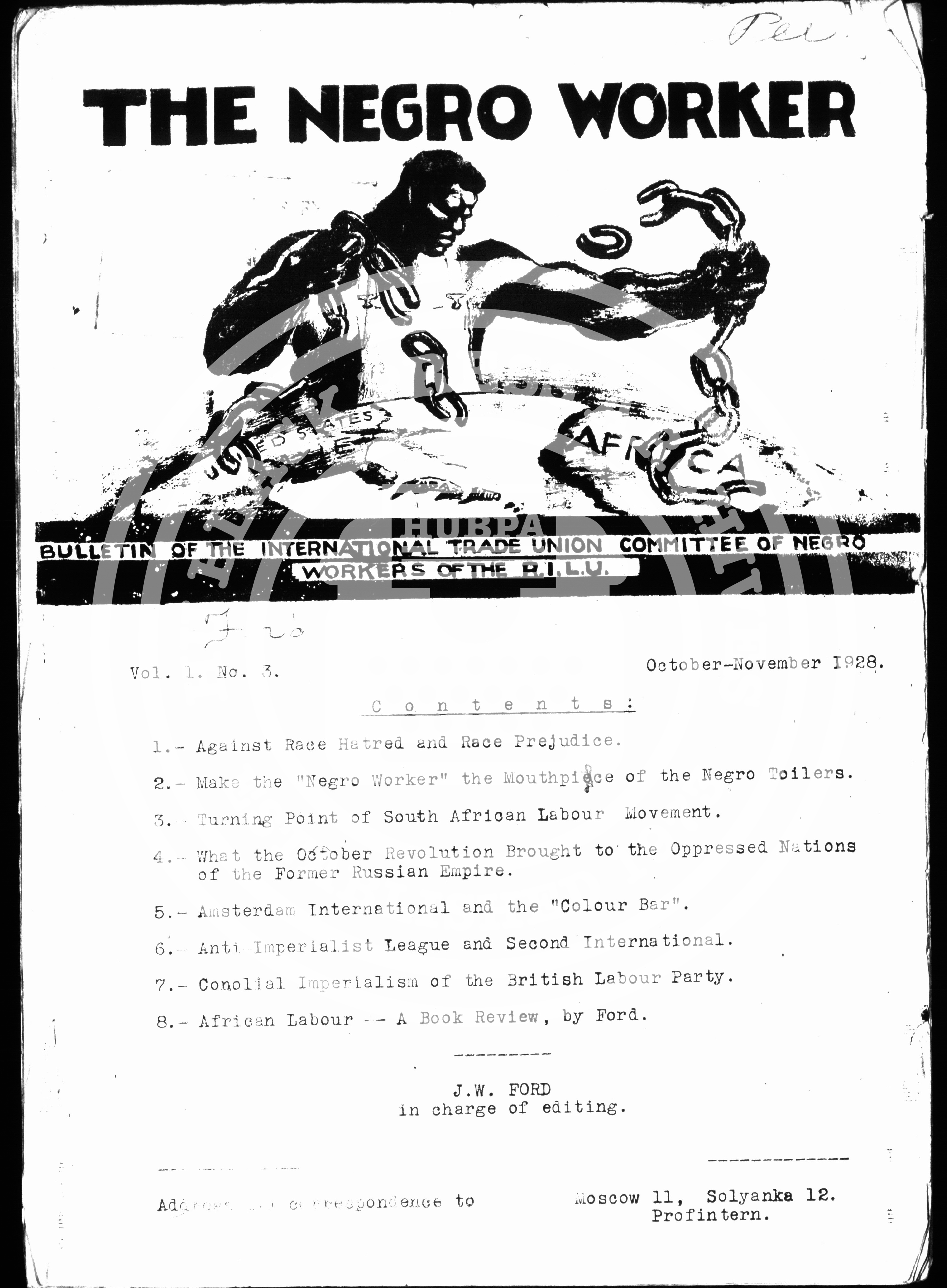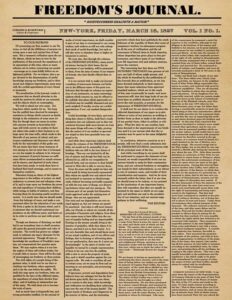Preserving Voices: Digitizing Howard University’s Historic Black Newspaper Collection
In a landmark move that bridges the past and present, Howard University, through its Moorland-Spingarn Research Center (MSRC) and in collaboration with Howard’s Center for Journalism and Democracy, has embarked on an ambitious project to digitize its historic Black newspaper collection. This effort, powered by a significant partnership with The Crowley Company (Crowley), represents a monumental stride towards making thousands of Black publications accessible in a global digital repository. It’s a project that not only promises to unlock the vast narratives contained within these publications but also to elevate the visibility and understanding of the global Black experience through the lens of its own voices.
The Genesis of the Black Press
Black newspapers in the United States date back to March 16, 1827, when John Brown Russwurm and Samuel Cornish published the first edition of Freedom’s Journal, the nation’s first newspaper owned and operated by African Americans. With an aim to uplift the literacy and identity of the African American community, it set a precedent for the hundreds of Black newspapers that would follow, serving as pivotal platforms for advocacy, information, and community cohesion. Despite their critical role, much of this rich history has remained difficult to access, until now.
Howard University and MSRC at the Forefront
Howard University, established in 1867, has grown from a single-frame building to a sprawling 89-acre main campus in Washington, D.C., distinguished by its dedication
to educating students from diverse backgrounds. The Moorland-Spingarn Research Center, part of Howard since 1914, has evolved into a critical repository for the global Black experience, housing extensive collections that include the comprehensive Black Press Archives.

The Digital Leap
The digitization initiative, spurred by a $2 million grant from the Johnathan Logan Family Foundation and ongoing fundraising efforts, marks a significant technological and archival advancement for MSRC. When Brandon Nightingale took on the role of senior project manager for the Black Press Archives in 2022, the project faced challenges, from equipment that didn’t meet standards to the need for a strategy aligned with FADGI guidelines. The partnership with Crowley emerged as a crucial turning point, providing the necessary scanning technology and expertise to propel the project forward.
Progress and Impact
Now in its third year, the project has seen remarkable progress, with about 250 reels and 500 individual issues digitized. Changes in workflow, increased staffing, and a strategic shift to digitize based on interest rather than alphabetically have all contributed to enhanced efficiency and engagement among the team.
The importance of this digitization effort cannot be overstated. It brings to light stories and perspectives that have been marginalized or overlooked, offering a more comprehensive and nuanced understanding of the global Black experience. The newspapers in the MSRC’s collection cover a range of topics and events not found in mainstream publications, including invaluable photographs, editorial cartoons, advertisements and art, which collectively document the history and cultural heritage of the Black community.
A Future Unlocked
As this project continues to unfold, its significance extends beyond the realm of academic research to impact broader public awareness and understanding. The digitization of the Black Press Archives by Howard University, with the support of The Crowley Company, stands as a 
This initiative not only honors the legacy of Freedom’s Journal and its successors but also reinforces the crucial role of Black newspapers as sources of empowerment, resistance, and community. As these archives become accessible to a global audience, they promise to inspire new insights, dialogues, and appreciation for the depth and diversity of Black history and culture.
**Watch the full story below** and join us in celebrating this monumental project as it unfolds, bringing the past into the digital age and ensuring the voices of Black newspapers are heard, studied, and appreciated for generations to come.

Katherine is the marketing specialist at The Crowley Company. She is a passionate and dedicated professional who is always looking for ways to improve the company’s marketing efforts. When she’s not at work, Katherine loves to volunteer her time for various charitable causes. She is also an avid reader and enjoys exploring new destinations around the world, immersing herself in different cultures and experiences.

